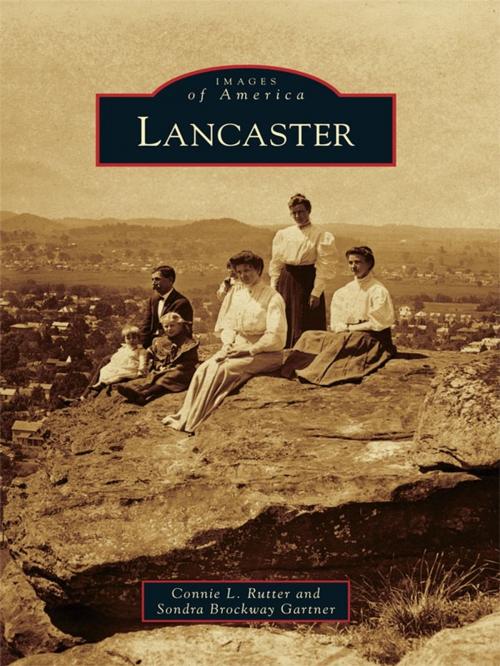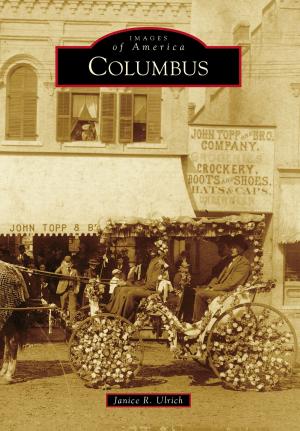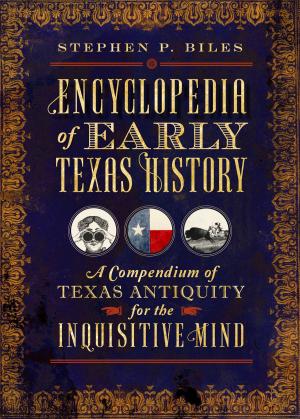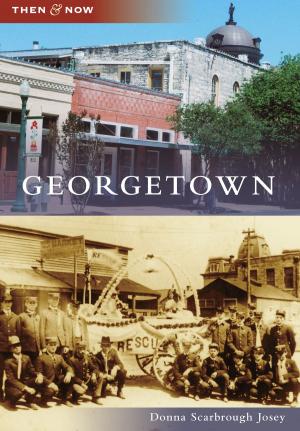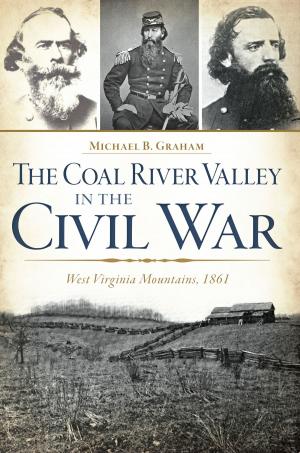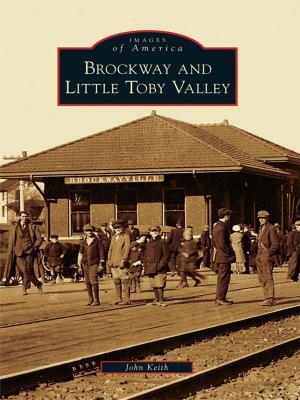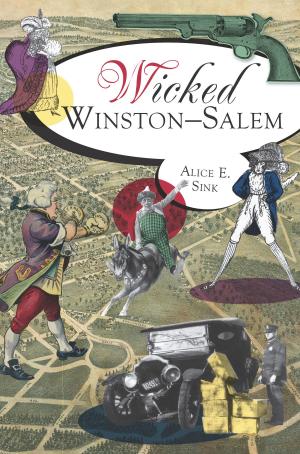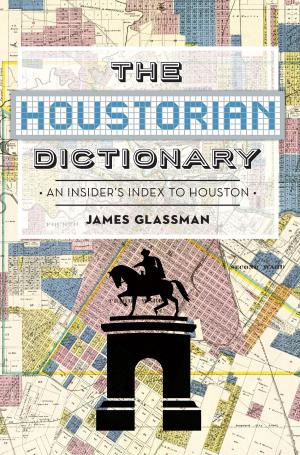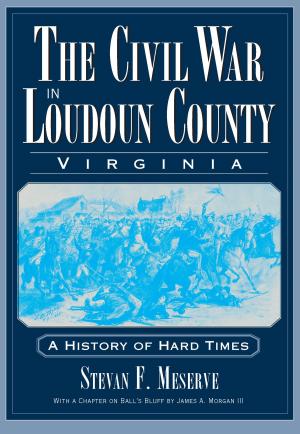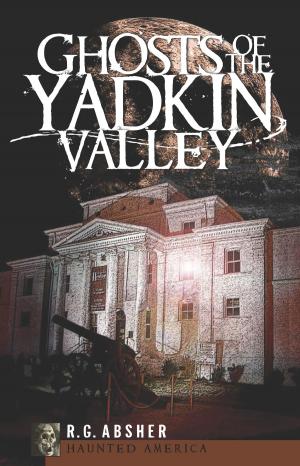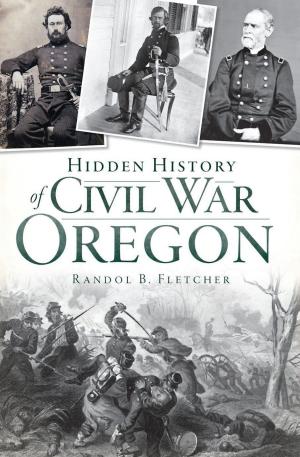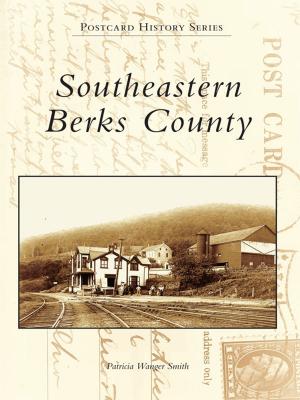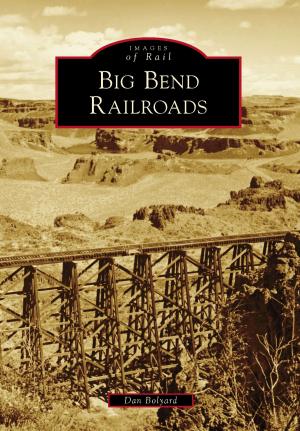| Author: | Connie L. Rutter, Sondra Brockway Gartner | ISBN: | 9781439625743 |
| Publisher: | Arcadia Publishing Inc. | Publication: | October 4, 2010 |
| Imprint: | Arcadia Publishing | Language: | English |
| Author: | Connie L. Rutter, Sondra Brockway Gartner |
| ISBN: | 9781439625743 |
| Publisher: | Arcadia Publishing Inc. |
| Publication: | October 4, 2010 |
| Imprint: | Arcadia Publishing |
| Language: | English |
Lancaster, Ohio, with a population of around 35,000, sits snuggled among the rolling hills at the base of a sandstone bluff that the Wyandot Indians called �Standing Stone.� Just east of the Hock-Hocking River in Fairfield County and a few miles southeast of Columbus, Lancaster was founded on November 10, 1800, by Col. Ebenezer Zane (1747�1811). The city�s rich history is celebrated today in one of the most significant historic districts in the Midwest, known as Square 13. The city offers a walking tour of the area, originally designed in 1800. In a 24-block area, 89 buildings have been designated on the National Register of Historic Places, and the Sherman House Museum is listed as a National Historical Landmark.
Lancaster, Ohio, with a population of around 35,000, sits snuggled among the rolling hills at the base of a sandstone bluff that the Wyandot Indians called �Standing Stone.� Just east of the Hock-Hocking River in Fairfield County and a few miles southeast of Columbus, Lancaster was founded on November 10, 1800, by Col. Ebenezer Zane (1747�1811). The city�s rich history is celebrated today in one of the most significant historic districts in the Midwest, known as Square 13. The city offers a walking tour of the area, originally designed in 1800. In a 24-block area, 89 buildings have been designated on the National Register of Historic Places, and the Sherman House Museum is listed as a National Historical Landmark.
